
Kefir has a very bright history of origin and an aura of a beautiful product. It is not surprising that in the collective consciousness other qualities are mixed with real therapeutic properties: for example, to lose weight quickly and painlessly without negative consequences. We understand what kefir is really good for and learn kefir diets from all sides to look for pros and cons.
History of kefir
Imagine: the glass of kefir you drink today has traces of a drink you drank hundreds of years ago.
Kefir was made from cow's milk, which obtained "mushrooms" from streptococci and rods, acetic acid bacteria and yeasts. According to researchers, this fungus originated in koumiss, a drink made from mare's milk, and entered cow's milk when Caucasian tribes changed their nomadic lifestyle to sedentary farming. Scientists have not yet been able to artificially eradicate kefir fungi, and new parts of the original culture are obtained by multiplying existing fungi.
Now kefir is drunk everywhere from Kazakhstan to Australia, but on the basis of a modern product, specific bacteria can be traced to a certain place, up to the Elbrus region. People living on the northern slopes of the Caucasus considered kefir to be a gift from God, so the drink was surrounded by special rituals and superstitions.
For example, the sale of kefir mushrooms was banned, which was believed to deprive them of their healing power. But they could be stolen - with the secret permission of the owner.
Another ritual: the mountaineers poured kefir mushrooms and milk into a leather wine bottle and put it in the sun, on the road to the house. Passers-by could respect the owner by kicking the wine rind - shaking made the fermentation process even more difficult.
The first official message about the benefits of kefir was given in 1867 by a doctor from Tbilissi (Tbilisi). However, at that time, the production of beverages was still a carefully guarded secret of the highlands. Thanks to an employee of a well-known large dairy enterprise, the situation has changed. On assignment, he visited the property of a wealthy Karachay and, for the first time in history, received 10 pounds of kefir mushroom "grains" either as a gift or as legal compensation for a failed meeting. Thus, kefir finally began to be produced industrially.
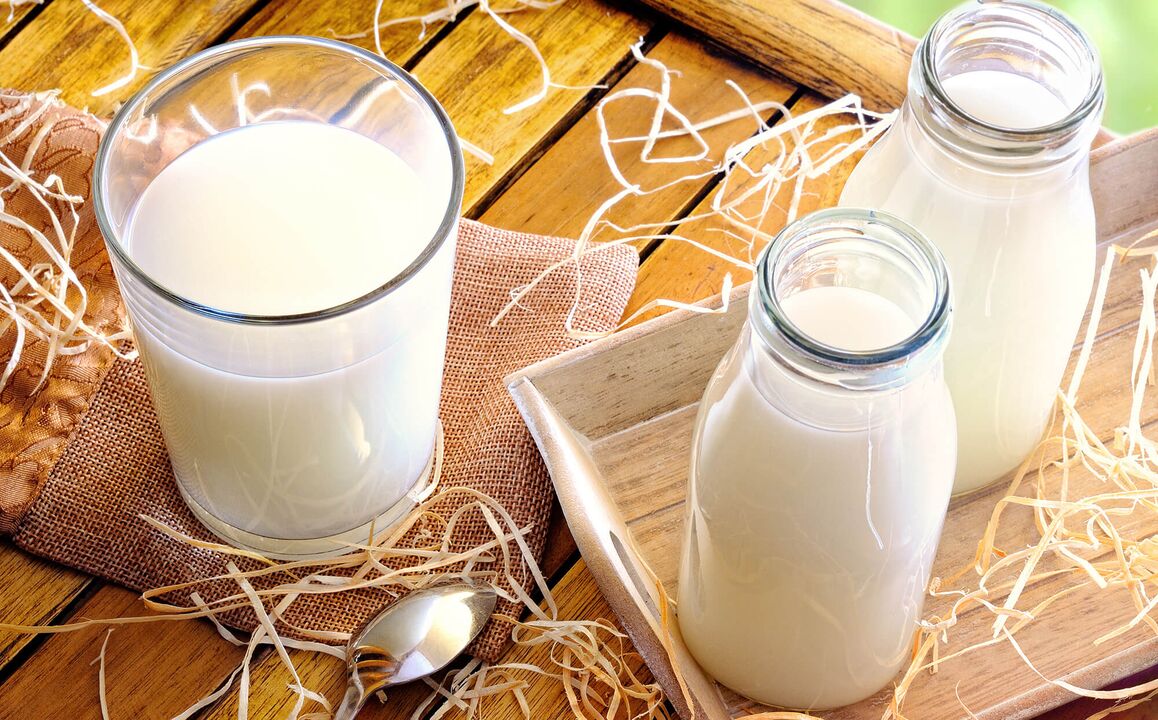
Benefits of kefir
As early as the end of the 19th century, doctors began a real large-scale campaign to promote the benefits of kefir, the echo of which still affects us. The legendary scientist, Nobel Laureate, has studied the benefits of live microorganisms in fermented dairy products and probiotics throughout his life.
Additional research has confirmed his estimates. Kefir has a beneficial effect on the intestinal microflora and metabolism in general, prevents the development of pathogenic flora. It also has an immunostimulatory, sedative and mild diuretic effect, ie releases excess fluid from the body.
Kefir is superior to yogurt in the content of vitamins A, D, K, E, useful organic and amino acids, enzymes and important trace elements - iron, iodine, calcium, potassium, sodium, magnesium, phosphorus, zinc - in the amount needed by man.
The older the kefir, the more sour it tastes and the more ethyl alcohol it contains. In any case, there is not much: until the end of shelf life, up to a maximum of 1 degree, it is safe to get behind the wheel, even after a whole bottle of kefir. But children still need to be fed a fresh daily kefir.
For people with lactose intolerance, kefir helps them absorb this carbohydrate normally. Kefir contains few calories and a lot of moisture, so it helps maintain water balance and at the same time brings a feeling of satiety. Not surprisingly, the product has become the basis of the entire dietary galaxy.

The essence of the kefir diet
Kefir is nutritious and light, improves the functioning of the digestive system and helps to lose weight quickly, dramatically reduces the amount of calories consumed and removes excess fluid. Many people consider the kefir diet to be a mono-diet, ie a diet made from one product, but this is the most radical choice: only kefir is allowed to be eaten for a maximum of 24 hours without harm to health. More often, kefir is combined with other low-calorie foods for 3, 7 or 9 days. Kefir-buckwheat diet, kefir-banana diet, kefir-cottage cheese diet and cucumber-kefir diet are especially popular.
Kefir, by the way, was praised by a famous singer's famous kefir diet: history is silent about whether a really famous singer used it, at one point in his career he really lost a lot of weight. The star diet menu, of course, includes kefir, as well as low-fat cottage cheese, chicken breast, fruit and jacket potatoes.
Kefir diet is certainly suitable for weight loss. But it severely restricts the supply of nutrients, relies on hunger and puts the body in a state of severe stress. Is the result worth it? The following is written about the kefir diet on the Internet:
- "Minus 12 kg in 3 weeks. I lost weight, but I will never do it again !!! I thought I would starve to death. "
- "Kefir diet is effective if you follow it properly. But it will not work without physical strength. You need to exercise at least a few times. Try to drink only kefir for 1 day. If you feel bad, it is better to stop. "
- "A week without food. Generally. A kefir and water. The results came. Probably the most difficult of all the diets I've tried. "
General rules of kefir diet
- Kefir is the main product of the diet. You need to drink about 1. 5 liters a day. The rest are low-calorie lean carbohydrates and proteins: meat, fish, vegetables, fruits and cottage cheese.
- In small portions, eat at least five meals a day.
- You can drink kefir as a snack between main dishes.
- Although kefir quenches thirst well, you should drink at least 1. 5 liters of extra water a day.
- All flour, fatty, heavy, fried and spicy foods are excluded. Sugar and salt are limited to a minimum (or better excluded altogether).
- Getting out of the kefir diet should be done carefully and smoothly: if you want to go to a party or keep the results of eating pizza, it is not the best idea.

How to choose the right kefir
Choose fresh kefir - no more than 2-3 days from the date of production - low fat content. Eating completely lean is not the best choice because the body needs fat.
The composition should contain "kefir acid" from mushrooms, yeast and fermented milk cultures. Do not buy kefir or fermented milk drinks.
Proper kefir contains no less than 3% protein - it is necessary to lose weight so as not to lose too much muscle mass.
Please note: it does not contain additives, dyes, sugars, palm oil and milk powder. The ideal is farm kefir.
The shelf life of natural kefir is 7-10 days from the date of production. If the label says longer, it probably contains preservatives. Do not buy previously spoiled kefir: it is divided into whey and flakes, turns yellow and has a bitter taste and sour aroma. Unscrupulous manufacturers may try to cover up the damage with opaque glass or packaging.
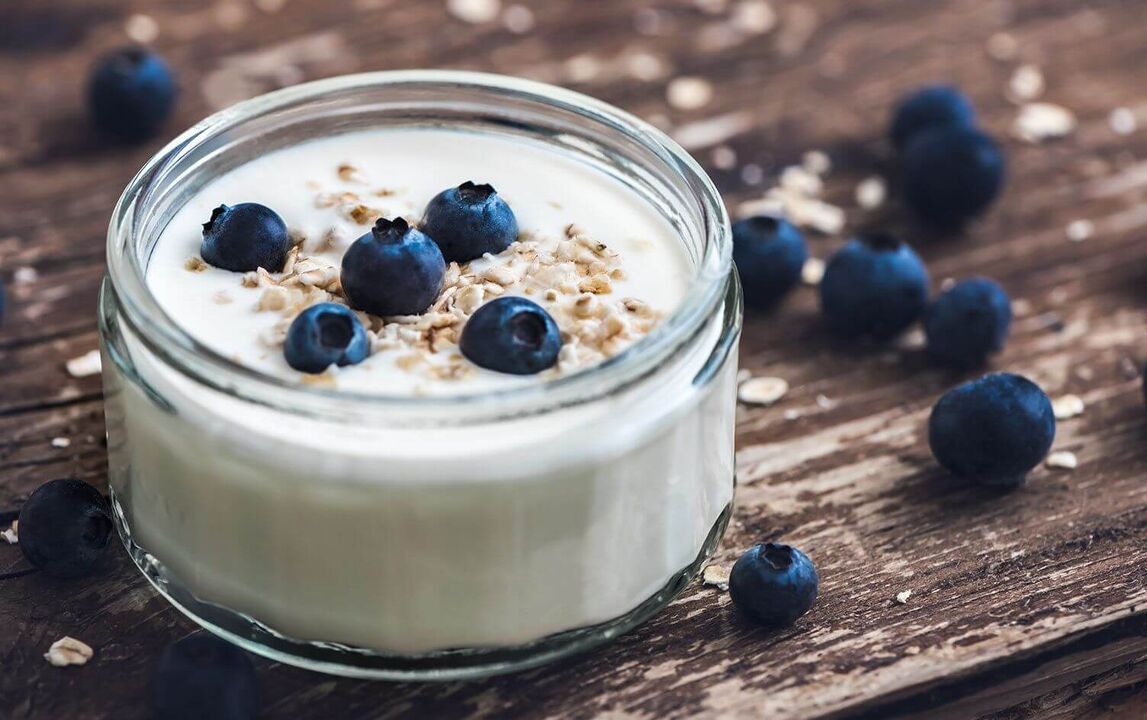
How to replace kefir in your diet?
If for some reason kefir is not available to you or the taste does not suit it, you can try alternatives:
- Extra yogurt.Choose the product carefully, starch and sugar are often added to it for taste and thickness.
- Other low-fat fermented dairy products- for example, fermented baked milk, tan or buttermilk.
- Sour milk.It is easy to prepare at home: leave the milk in an enamel bowl at room temperature for a day.
Approved Products Table
| Be able | This is forbidden |
|---|---|
|
|
Kefir diet for 3 days
If we give up the mono-diet on kefir, which is the most difficult option for the body, the 3-day kefir diet will be the strongest in terms of impact on the body. If time is short, this will help you to attack the weight quickly and not be shocked.
The general principle is the same: about 1. 5 liters of kefir per day for 5-6 doses. In addition, other low-calorie foods are acceptable. The most popular options are buckwheat, cottage cheese, apples, vegetables. You can replace kefir with only one product - for example, apples. But it is better to make your meals as diverse and interesting as possible, even in the diet.
For example, the kefir diet menu can be as follows:
Day 1
- Breakfast:oatmeal, tea with honey.
- Supper:casserole, vegetable soup.
- Supper:green salad.
- Snacks:kefir.
2 nd day
- Breakfast:boiled eggs, rose water.
- Supper:salad, vegetable soup.
- Supper:vegetable salad, tea.
- Snacks:kefir.
3rd day
- Breakfast:cottage cheese casserole, tea.
- Supper:boiled fish, salad.
- Supper: buckwheat porridge, chamomile tea.
- Snacks:kefir.
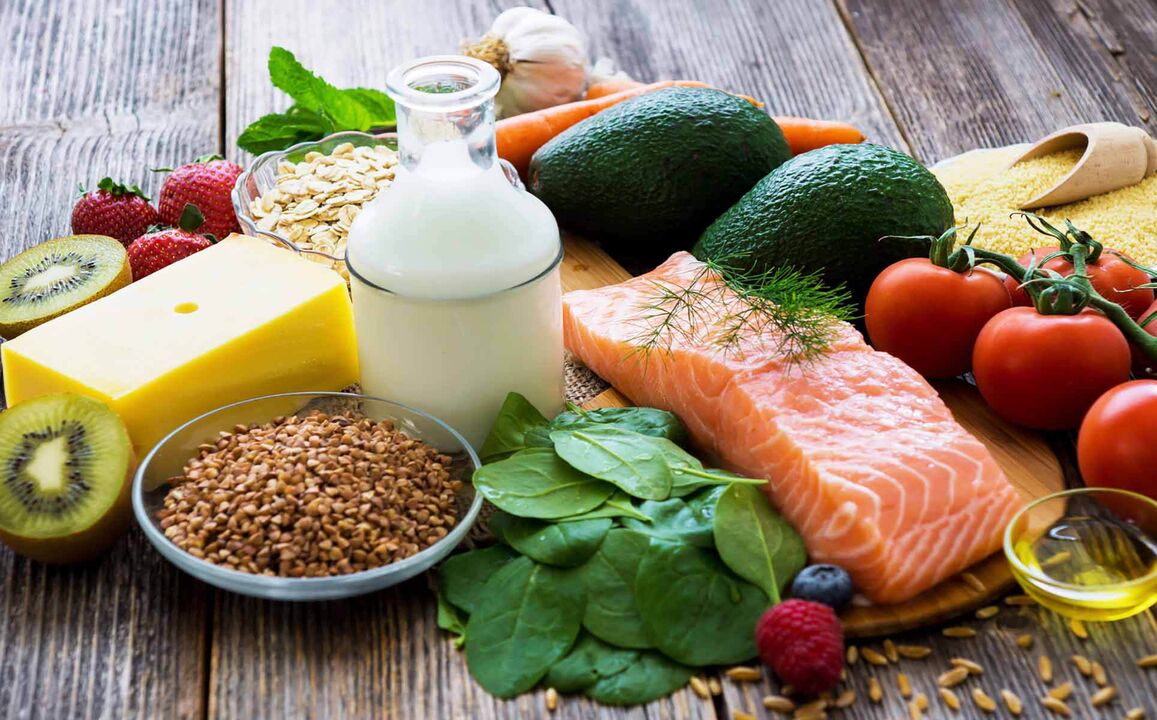
Kefir diet for 7 days
Kefir diet for a week allows you to achieve effective results: minus 7-10 kg. As it lengthens over time, it is important to eat as many different foods as possible.
In one diet option, you should combine kefir with only one low-calorie product, such as an apple, each day, but you can extend the three-day diet by one week by eating according to the "porridge" scheme. protein and vegetables for breakfast, lunch and dinner, including kefir. "
Sample menu:
- Day 1:Divide about 200-250 g of boiled lean meat and 1. 5 liters of kefir into 5 portions.
- 2 nd day:5 large apples and 1. 5 liters of kefir per day.
- 3rd day:300 g cottage cheese 3-5% fat and 1. 5 liters of kefir.
- Day 4:250 g of steamed white fish and 1. 5 liters of kefir.
- Day 5:500 g of cucumber and tomato salad and 1, 5 l of kefir.
- Day 6:250 g chicken fillet and 1. 5 liters of kefir.
- Day 7:2 liters of kefir and plums to taste.
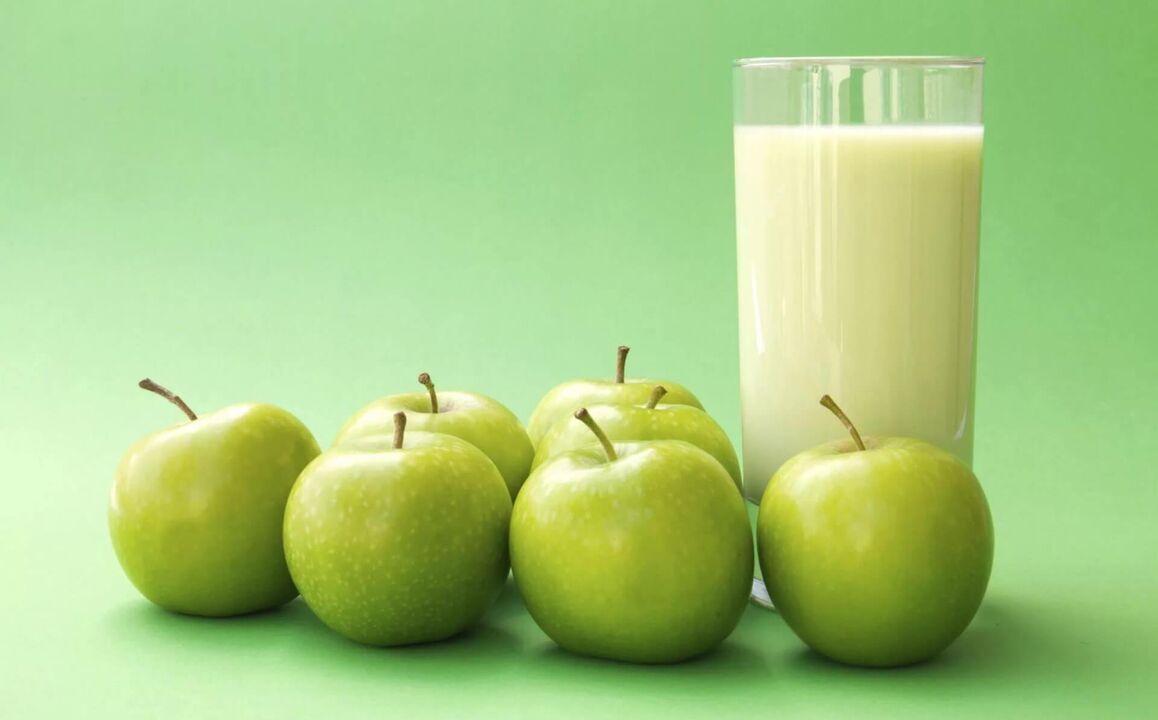
Kefir diet is 9 days
Choice for the most durable. Eating only meat or cottage cheese every day is boring, but take the menu for 3 days and change it every day so as not to cook something new. For example, like this:
Day 1, 4, 7
- Breakfast:tea with oatmeal, eggs, honey.
- Supper:casserole, green salad.
- Supper:vegetables, dried fruits.
- Snacks:kefir, apple.
Days 2, 5, 8
- Breakfast:toast and rose water.
- Supper: boiled fish with vegetables.
- Supper:an apple, a slice of low-fat cheese.
- Snacks:kefir, cottage cheese.
Day 3, 6, 9
- Breakfast:steamed omelet, green tea.
- Supper:chicken soup, salad, a slice of black bread.
- Supper:steamed fish, buckwheat porridge.
- Snacks:kefir.
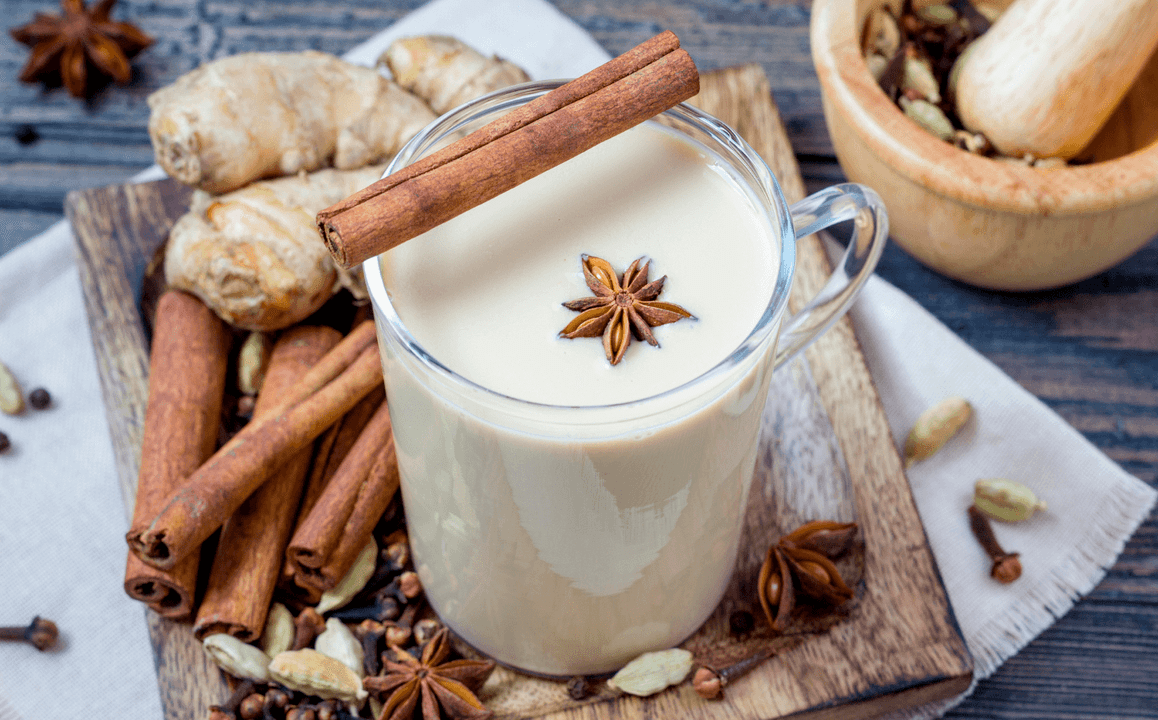
Recipe: Kefir with cinnamon and ginger
Most, as a rule, people who lose weight in kefir do not have enough sweets. A simple recipe will help: add cinnamon and ginger to kefir. Ginger has warming and fat-burning properties, and the smell and taste of cinnamon is pleasantly sweet. The finished mixture can be drunk in the morning, for vitality, at night, to start the process of correcting the work of the digestive tract, or take it with you on the road.
Ingredients:
- kefir 500 ml
- 1 teaspoon of ground ginger
- ground cinnamon 1 tsp. q
- Other spices: cloves, pepper.
Mix the kefir with the spices using a whisk or blender and pour into small bottles. The drink should be drunk on the same day. If you have a sensitive stomach or your intestinal lining is damaged, be careful with pepper and other brightly colored spices.
How to properly finish the kefir diet
Dietitians warn: kefir diet is suitable for completely healthy people who do not have problems with the gastrointestinal tract and do not have the slightest signs of eating disorders.
And even they may experience unpleasant symptoms such as stomach pain, and as with any high-pressure diet that is effective in the short term, they will almost inevitably regain the weight they have already lost.
Exit the diet smoothly so that you do not return weight immediately. Continue to eat sharply and limit your total calorie intake to 1000-1500 kcal for at least a week. Continue to drink at least 1. 5 liters of water a day and stay away from starchy foods, heavy foods and fatty foods for at least 2 weeks. It is better to base the diet on light soups, vegetable salads, cereals and boiled meat. Introduce other products gradually, one product every 2-3 days.
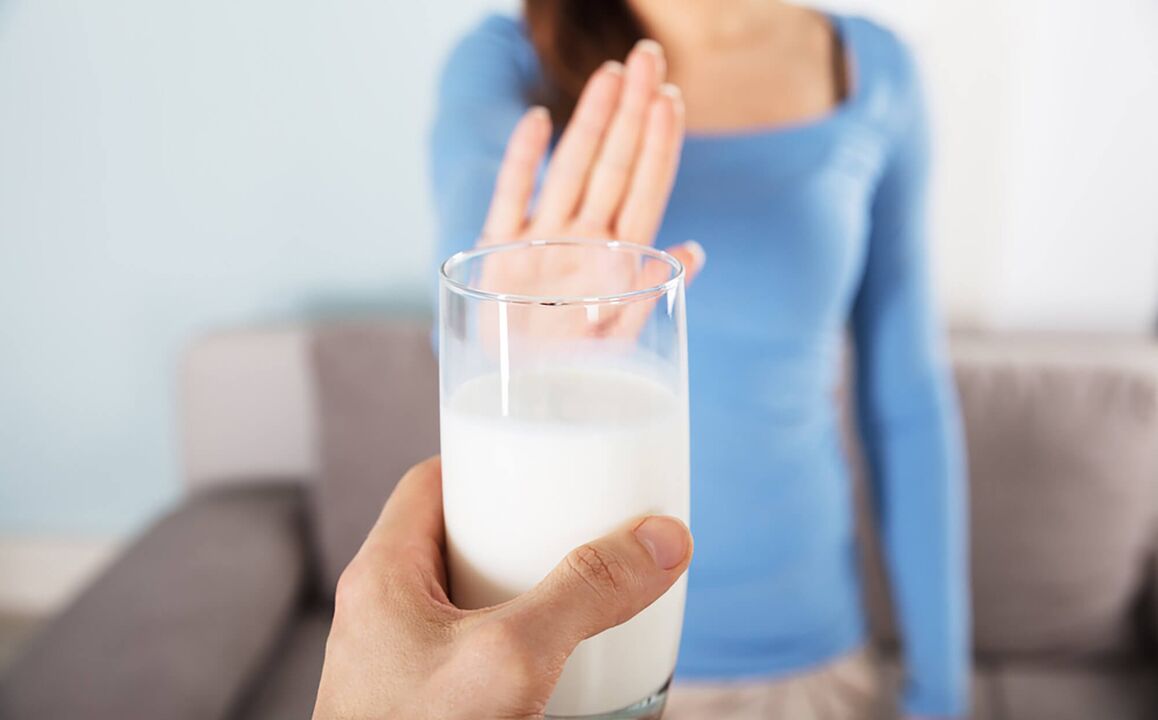
Why kefir diet is bad
Any diet that severely limits dietary diversity may not be beneficial in the long run. Kefir diet for every day is not suitable at all. There are three categories of people who can do more harm than good.
- People with disorders and diseases of the gastrointestinal tract, kidneys, lactose intolerance. Kefir can cause diarrhea and thirst, stomach pain and heartburn. Ethyl alcohol is also harmful to the intestinal mucosa.
- Children, pregnant and lactating women. Different dishes are important for them. Depriving the body of fats and carbohydrates, even for a few days, means preventing growth and development.
- People with eating disorders. To be honest, few people are enthusiastic about the taste of unadulterated kefir. You will have to force yourself to drink in the true sense of the word. If this continues for more than a few days, the probability of disruption increases exponentially.
Benefits of kefir diet
Simplicity, efficiency, plenty of fluid. Potential benefits of gastrointestinal and microflora. Large amounts of calcium have a beneficial effect on the condition of bones, nails and teeth.
Disadvantages of kefir diet
Stress from lack of nutrients, vitamins and taste deficiency for the body. Maybe indigestion, flatulence, constipation or diarrhea, stomach upset. The increased acidity of the product can worsen the condition of people with gout, rheumatism and high acidity of gastric juice.






























